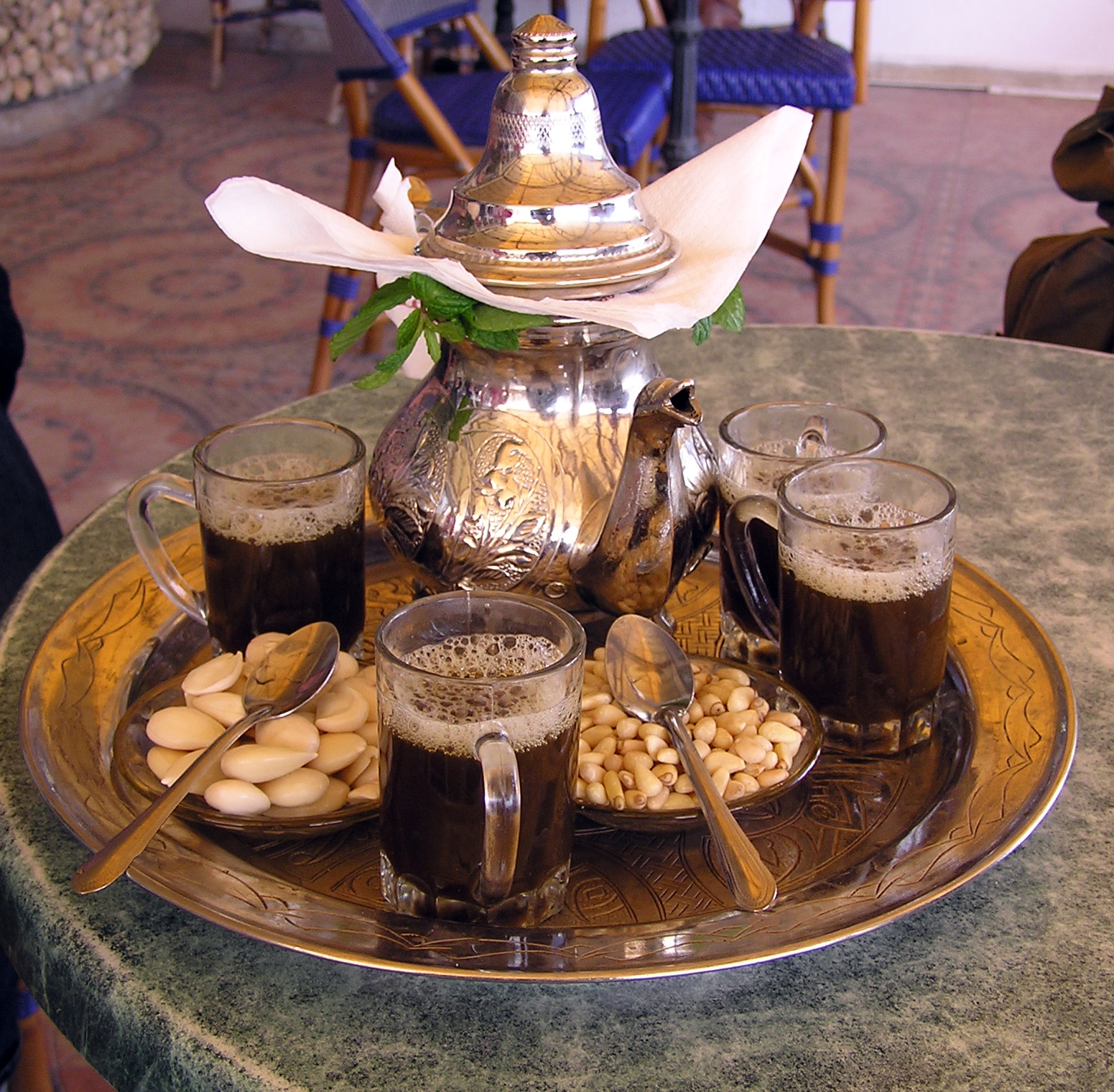
This article takes you on a journey to discover the unique aspects of Tunisian coffee culture, from its intriguing history to the modern-day cafes where friends and families gather to enjoy this magical beverage.
The origins of Tunisian coffee can be traced back to the 16th century when Ottoman traders introduced the coffee beans to the region. The drink quickly gained popularity, and it wasn't long before Tunisian artisans mastered the art of coffee preparation, eventually developing their distinct Tunisian coffee culture.
Under Ottoman rule, Tunisian coffee culture flourished as the empire's elite developed a taste for this exotic beverage. Coffeehouses, or mahallas, sprung up across the cities, serving as important social and political hubs where intellectuals, artists, and politicians would gather to discuss ideas, news, and current affairs. The mahallas played a crucial role in the spread of coffee culture as people from all walks of life were introduced to the drink, gradually incorporating it into their daily routines.
The influence of Arabic culture on Tunisian coffee can also be seen in the method of preparation, as well as the addition of various spices. The Arabic term for coffee, qahwa, means "wine," reflecting the intoxicating effect that coffee had on early consumers. This influence is also evident in the popular spiced coffee drink, Tunisian spiced coffee, which features a blend of cinnamon, black pepper, and sometimes grated orange peel.
At the heart of Tunisian coffee culture lies the traditional preparation method, known as Café Maure or Café Sidi Chabaane. This method utilizes a distinctive long-handled, long-spouted pot called a cezve (or ibrik) common in many Middle Eastern and Mediterranean coffee-making traditions. The process requires a skilled hand to ensure the perfect balance of flavors.
Tunisian coffee is traditionally prepared with finely ground coffee beans, water, and sugar. Some households may add spices, such as cinnamon and black pepper, to enhance the flavor. The choice of coffee beans is essential, with many Tunisians opting for locally sourced or imported Arabica beans to achieve the desired rich, full-bodied taste.
Brewing Tunisian coffee demands precision and patience, beginning with combining coffee grounds, sugar, and water in the cezve. The mixture is then heated gently, allowing the flavors to infuse. A key aspect of Tunisian coffee culture is the frothy top layer, known as schiuma, which is created by vigorously stirring the mixture and rapidly boiling it until it rises to form a thick foam. This process is repeated several times, resulting in a perfectly balanced, aromatic, and velvety coffee.
Today, Tunisian coffee culture continues to thrive, and the beverage remains an indispensable component of everyday life, enjoyed in various settings, from the bustling streets of Tunis to the picturesque landscapes of the Sahara desert.
Modern Tunisian cafes blend tradition with contemporary style, providing a relaxed atmosphere where people of all ages can enjoy the company of friends and family while savoring a cup of Tunisian coffee. As in the past,, these gatherings often serve as vibrant social spaces, where individuals exchange stories, news, and ideas, fostering a deep sense of community.
Various events and festivals across Tunisia celebrate the country's rich coffee culture. One such example is the annual "Carthage International Coffee Festival," which brings together coffee enthusiasts, experts, and connoisseurs to promote Tunisian coffee, share knowledge about the industry, and enjoy various coffee-based activities.
Tunisian coffee culture extends beyond national borders, with the country's coffee exports playing a crucial role in promoting its unique coffee tradition. Coffee plantations, many of which are located in the region of Kairouan, contribute to the economy by producing and exporting high-quality beans to various countries worldwide.
Tunisian coffee was introduced to the region in the 16th century by Ottoman traders. Under Ottoman rule, Tunisian coffee culture flourished, and the drink quickly gained popularity across the country.
Tunisian coffee culture remains a vital aspect of contemporary life, playing a crucial role in social gatherings, both formal and informal, as well as supporting the economy through coffee exports.
Tunisian coffee, known as Café Maure or Café Sidi Chabaane, is prepared in a traditional cezve or ibrik and finished with a frothy top layer called schiuma. This method carefully blends coffee grounds, sugar, water, and sometimes spices to achieve the signature rich, full-bodied taste.